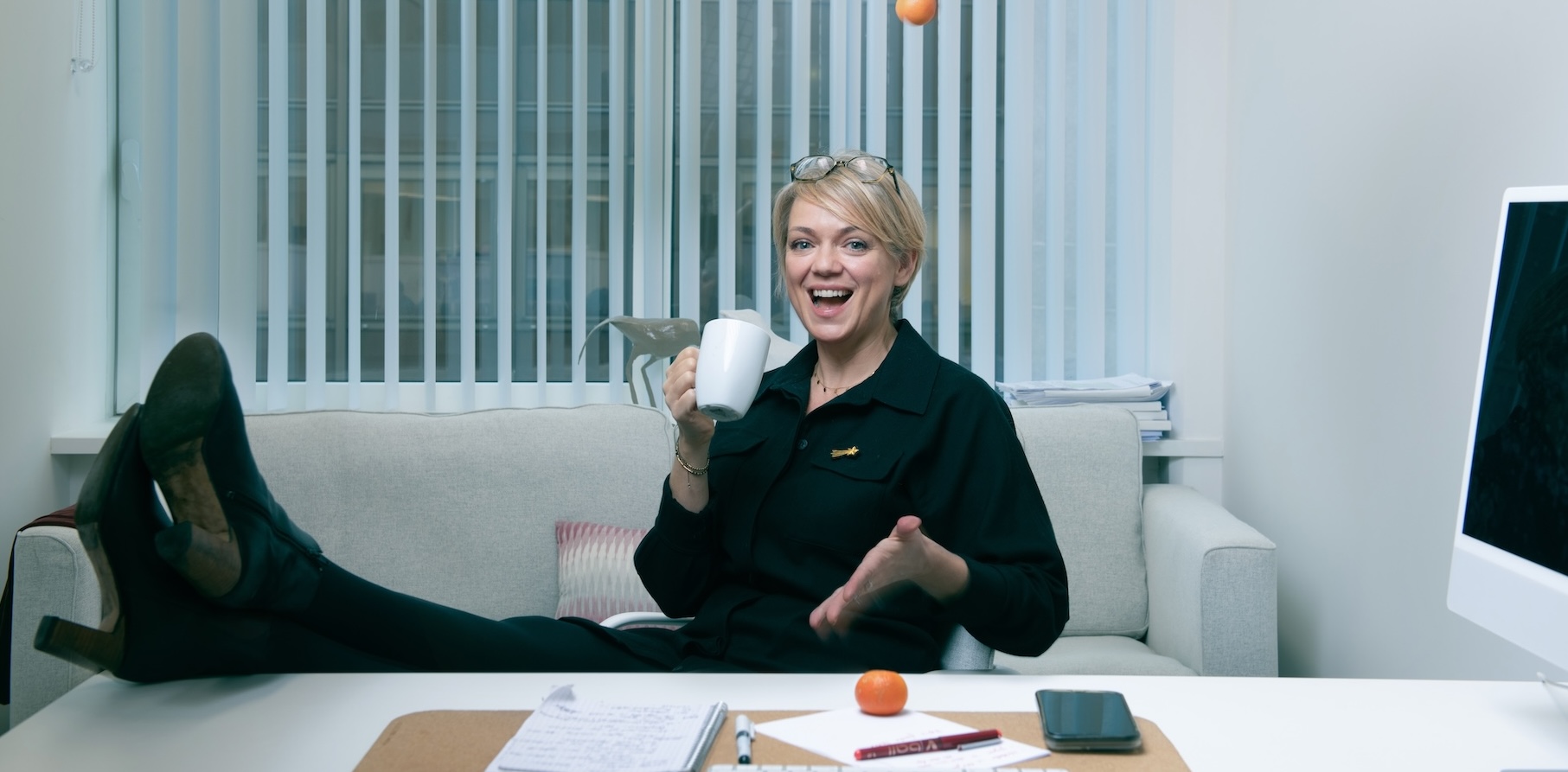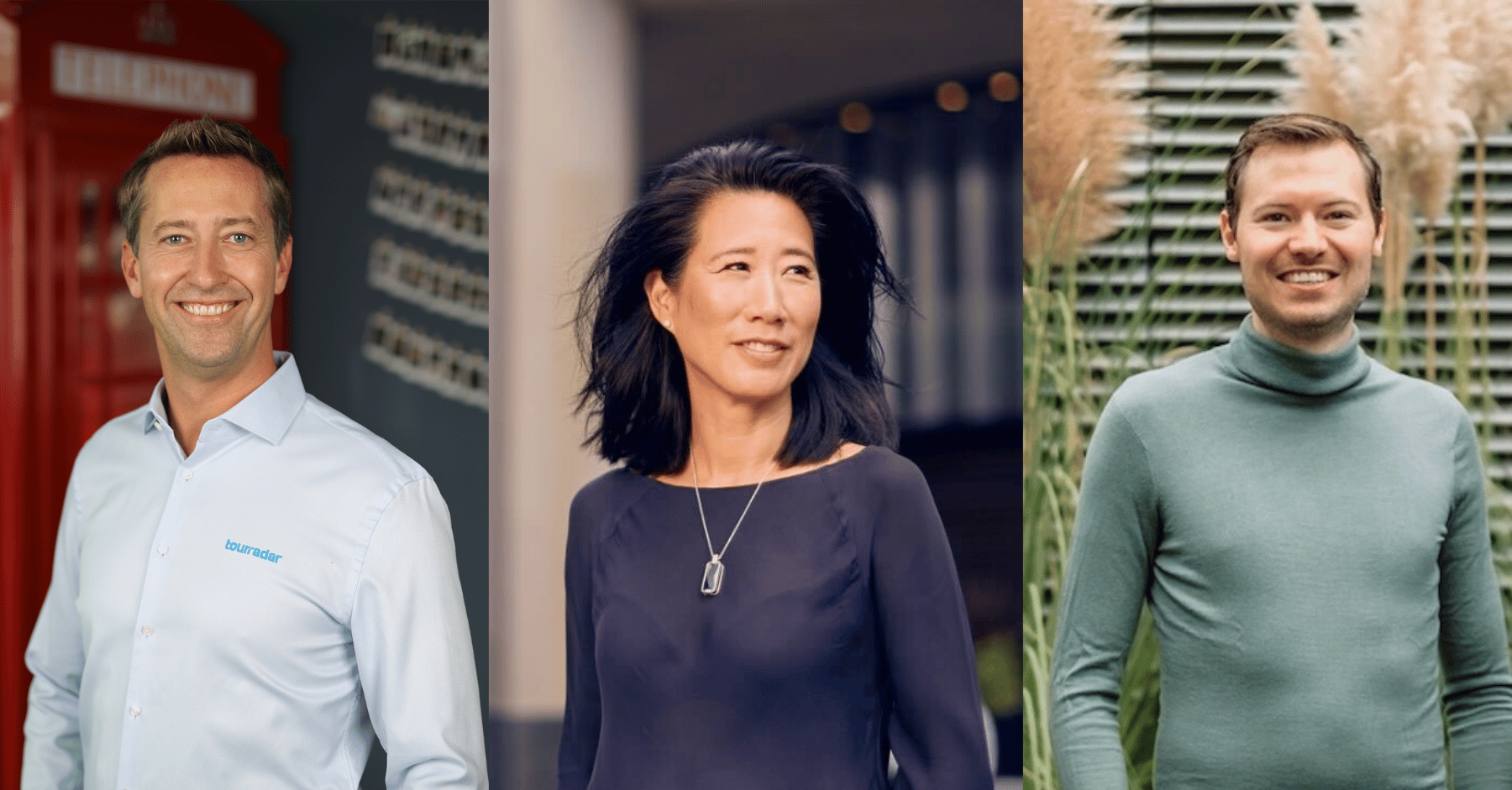Germany and France: A Tale of Two Startup Ecosystems
Two big players in the European startup ecosystem - but how close to each other are they?
If you are about to raise the first or second round for your startup you are probably wondering whether it makes sense to stay within the region of your headquarters (Since the pandemic, this could be your bedroom, kitchen, or anywhere in the world) or search for capital outside your home turf. We can’t help you with answering this question for all countries in one article - but we got you covered for two countries. They are close friends, neighbors and important players in the European startup ecosystem: France and Germany.
You can find the full video of the session at the end of this article.
3 VCs answer your questions
In order to give you a full 360° picture and as many perspectives as possible, three VCs from these two countries held a panel discussion and tried to gather and share some insights, as well as answer questions regarding the differences and similarities in both countries. The investors on our panel were:
- Maximilian Wilhelm, Speedinvest
- Shiraz Mahfoudhi, Speedinvest
- Charlotte Baumhauer, Paua Ventures
- Victor Charpentier, Alven Capital
Same, Same - but different: 4 Key Takeaways
1. Germany’s startup distribution is more decentralized than France
With more than 50% of the Startups located in Paris, your destination should be quite clear in France. Germany has a much more spread out landscape with Berlin, Munich and Hamburg in the lead.
2. VC money deployed in France is increasing more quickly than in Germany
“Vive la France!" is what you’d shout if you saw the chart showing the increase in venture capital funding in both countries. From 2019 to 2020, French VC funding (money deployed) increased by 25%. This is an incredible pace and should highlight how quickly the French ecosystem is advancing. But when you look at later rounds (Series B and onwards), Germany is still leading the game.
3. Fundraising processes are very similar in both countries
Something good for your strategy and time efficiency: The fundraising processes in Germany and France are very similar. Both countries seek good data sets for validation and normally have a transparent and structured process - any investor will let you know what their process looks like and what they would like to see.
4. Universities are important structural pillars you should take advantage of
Looking at data from some of the biggest funding rounds in France, 52% of founders came from the Top 5 French universities. In Germany, only 13% came from the Top 5 highest ranked universities. By no means is it necessary to come from one of these universities to be successful, but it makes sense to be present in their ecosystems. Many aspiring founders are starting out as employees in other startups (before starting their own) after graduating, so this is your chance to acquire great talent and early employees!
If you liked the short summary of key takeaways from our panel, then definitely check out the full video. You can jump to different topics in the links below. If you’re looking for a more detailed read on the topic, check out the full blog article from our partners at Paua here!
Watch the entire panel discussion or jump to some highlights.
- What does the fundraising process look like? (4:09)
- What are the current VC market dynamics in France and Germany? (9:18)
- Where is the buzz? Which cities are most active and important? (11:39)
- What roles do universities play in the ecosystems? (13:53)
- Q&A Session (21:51)
Learn more about the Speedinvest Marketplaces & Consumer team and sign up for our newsletters to get our exclusive content delivered straight to your inbox.











.svg)
